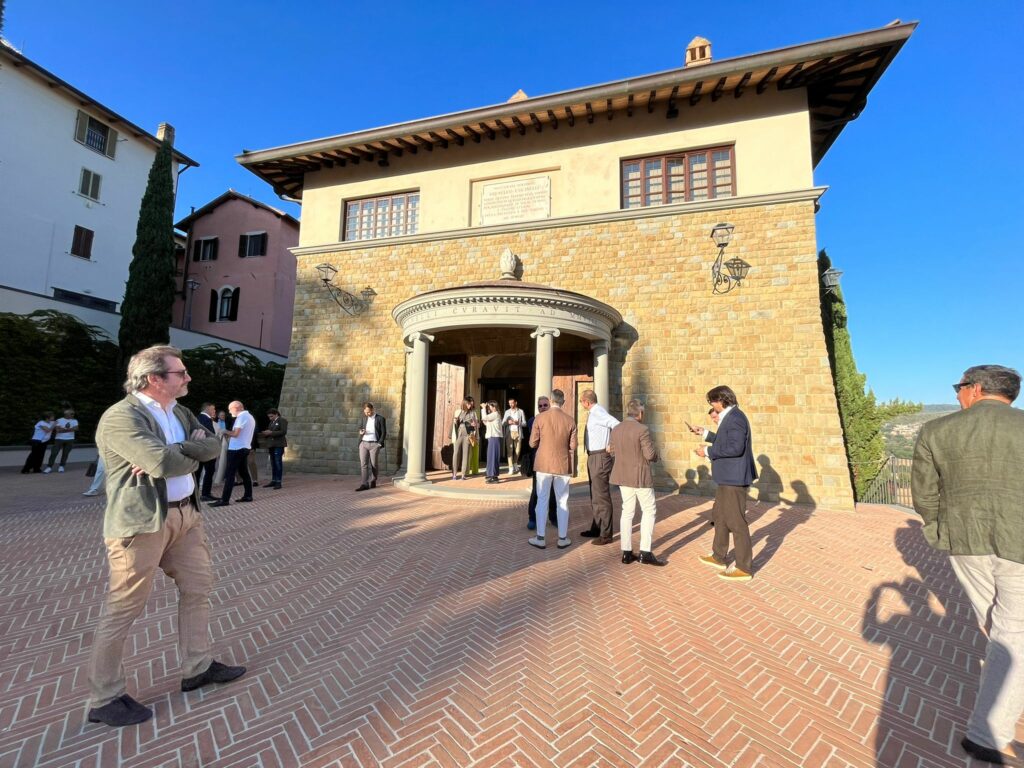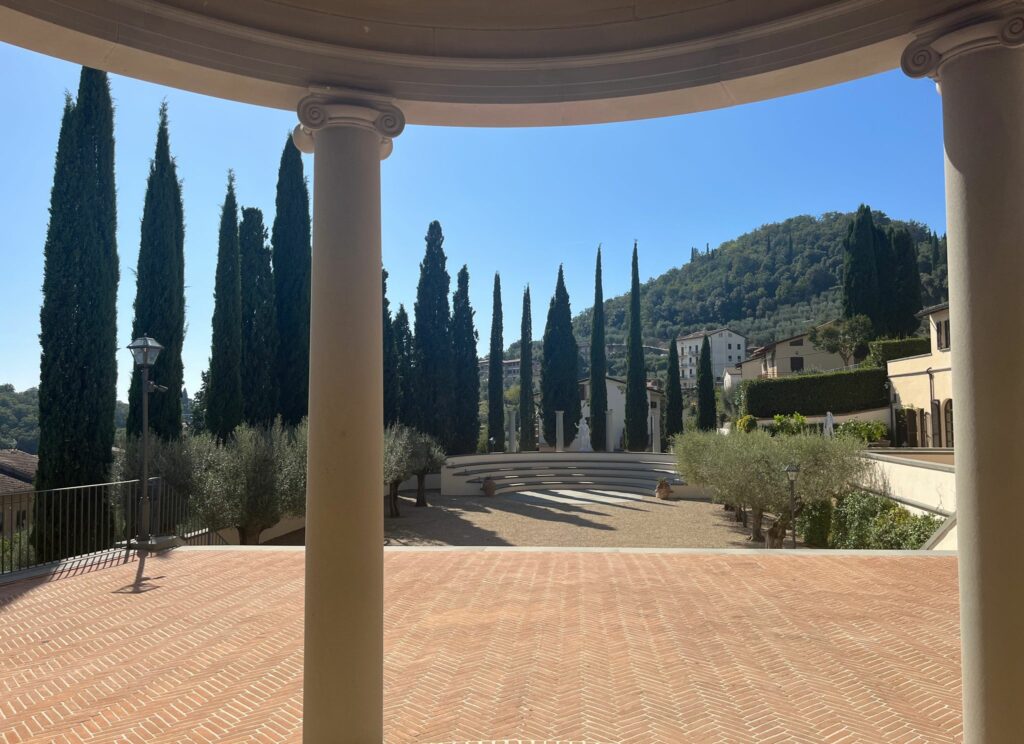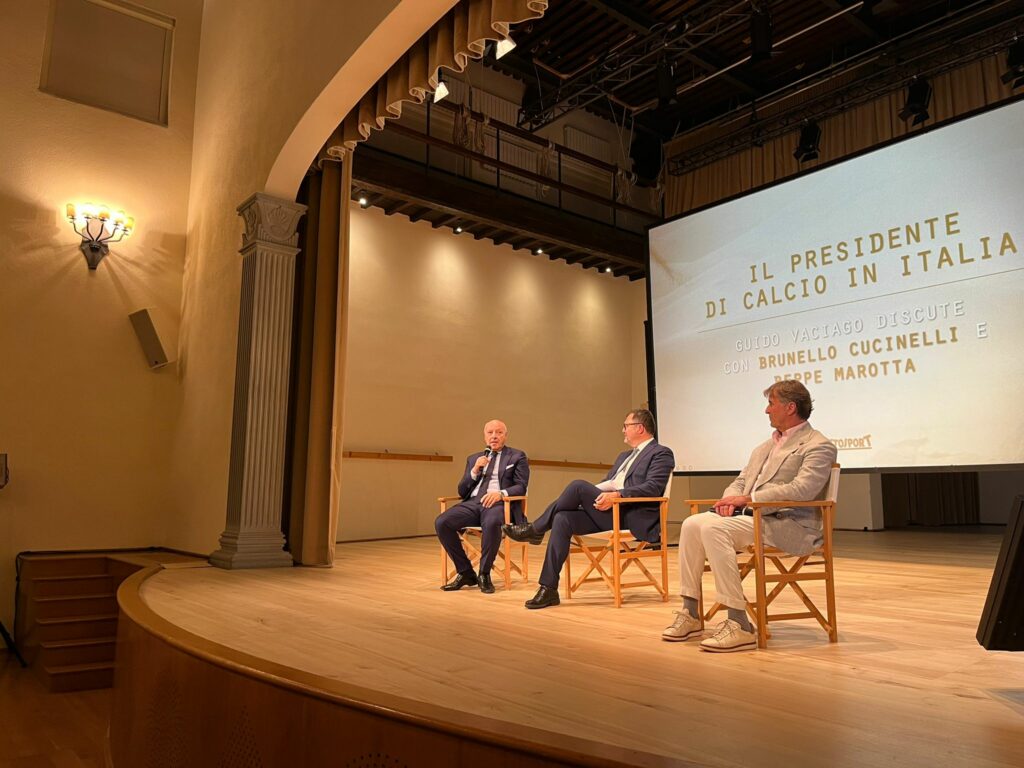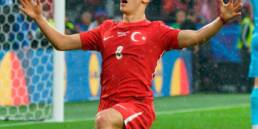by Jean-Marcel Boudard (Ouest-France)
From Paris to Marseille to Nantes, there have been no shortage of smiles at the misfortunes of the Italian national team, which failed to qualify for the World Cup in Russia and Qatar after stuttering against Sweden and Macedonia. French football has experienced similar failures in the past (against Scotland for the 1990 World Cup and against Bulgaria the following edition), and the recent misfortunes of our neighbors further confirm and reassure us about the changing era of European football.
Another way to gauge the pulse of French football is to follow the lists of Golden Boy nominees each season, which honor the best player under 21 years of age playing in Europe. Fourteen French players were among the 100 nominees for 2023, and no other nation has such a flourishing pool of talents. Among the 25 final candidates, there are still four: Lucas Gourna-Douath (Salzburg), Warren Zaïre-Emery (PSG), Mathys Tel (Bayern Munich), and Andy Diouf (Lens).
Ouest-France had the privilege of attending this final selection. It took place in Solomeo, a small village in the heart of the Italian Peninsula, nestled in the hills surrounding Perugia, a two-hour drive from Rome and at the borders of Tuscany. This medieval village of 500 souls was saved from ruin 40 years ago by Brunello Cucinelli, the son of local farmers, who has become known as “the king of cashmere,” with a fortune estimated by Forbes at 2.4 billion euros. In an environment that resembles a Renaissance painting, the designer, a renowned philosopher and philanthropist, and a bit of a utopian, has transformed it into a place that reflects his personality, elegant and classy, like a gentle invitation to meditate in the shade of cypress trees.


And rightly so, because the Golden Boy is not just a trophy, an award, or a visionary prediction about the footballers of tomorrow. Far from the hustle and bustle of the world, shielded from the excesses and blunders of football, at the Teatro Cucinelli, discreetly refined, they examined the role of young footballers in club development and the training processes used to elevate the level of the game. The “Aspire Academy” has put Qatar on the world map, offering it credibility and know-how. Saudi Arabia is following a similar path.
Listening to Roméo Jozak, the Croatian consultant in charge of an ambitious technical program, we realized that the center of gravity in football was shifting, and we measured the interactions between continents. With the 2034 World Cup in sight, Saudi Arabia is not just investing in today’s Ronaldos. They identify, train, and place their best players in European clubs. “Saudi Arabia is a country that lives for football. It comes right after religion.
Among the audience, Lina Souloukou and Beppe Marotta took note. Although their names may not be familiar to the French public, the former manages AS Roma and has recently signed a Saudi sponsor for 8 million euros, while the latter has long been a cornerstone of Inter Milan after years at Juventus. After snatching Pogba, a former Golden Boy, from the jaws of victory, he brought Inter back to the forefront of European football, integrating Marcus Thuram and Benjamin Pavard, two of the 39 French players in Serie A, the largest foreign contingent in the league, with startling speed.

In Solomeo, the region through which St. Francis of Assisi passed, the apostle of poverty, words are golden, and thoughts carry more weight than pedigree. This is the hallmark of the Golden Boy, open to the world and accessible. Beppe Marotta says it with simplicity: “As a child, I lived near the Varese stadium, where there was a president who was a role model. I wanted to do this job from a young age.” His ‘idol,’ Zidane, was a builder. We then understood the observation whispered by an Italian colleague as the soft night descended on the hills. “Italy is a country of leaders.” That’s when we smiled less and understood why our neighbors have this culture of constant rebound, this ability to be reborn even stronger.


